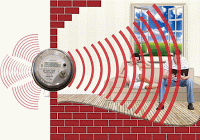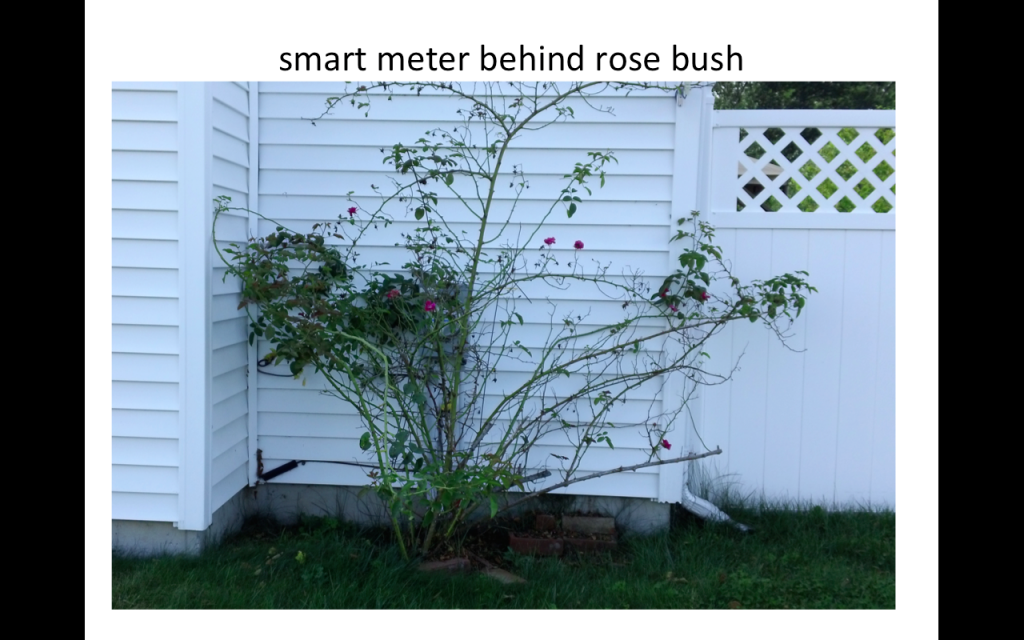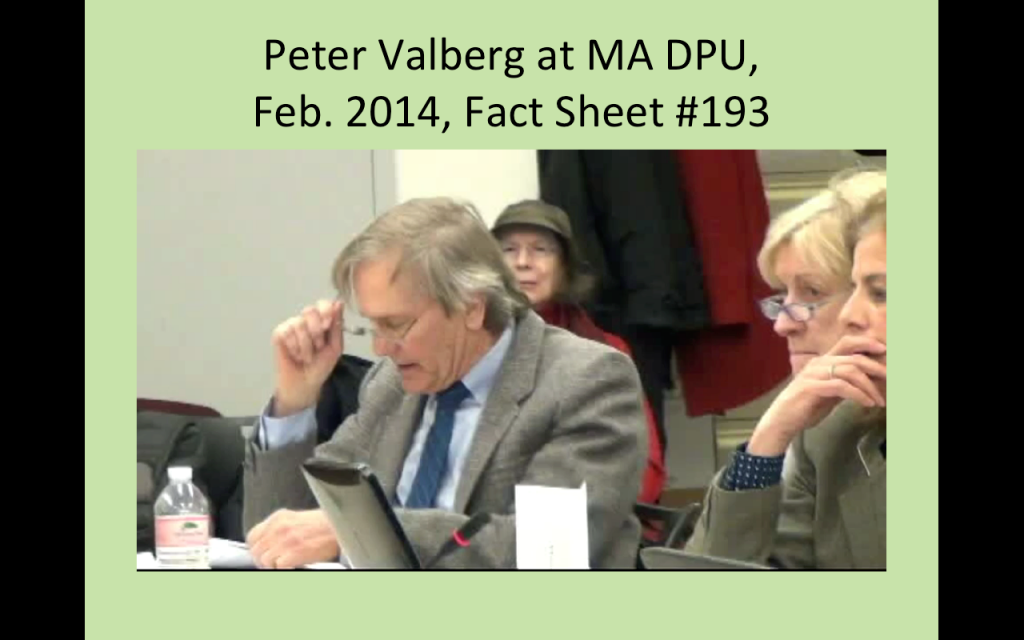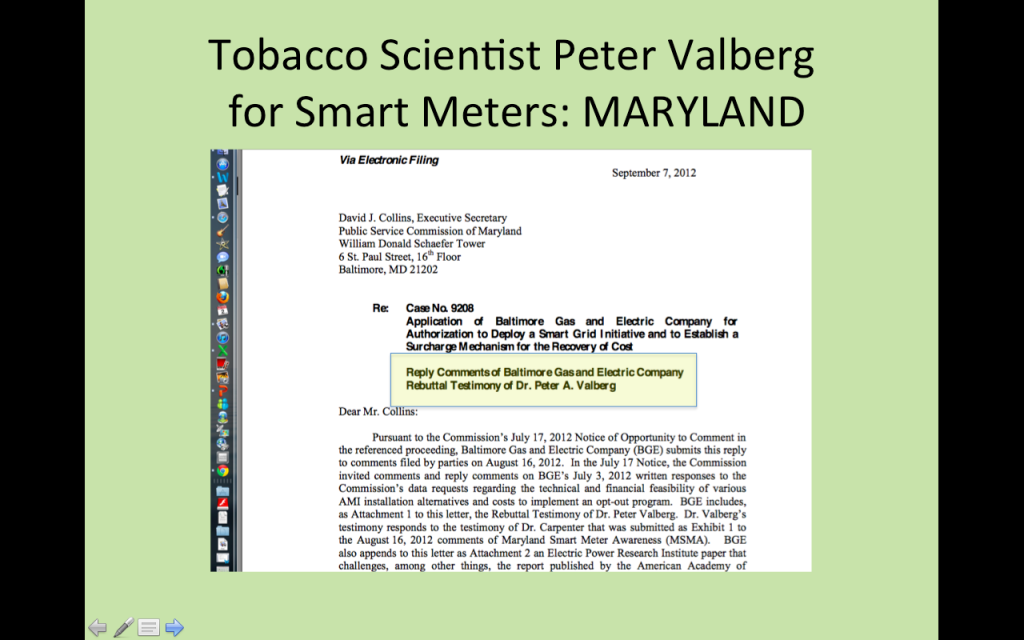Smart Utility Meter “Opt Out Bills” Opt to Protect Consumer Rights?

Note: The compilation of state smart meter opt out bills listed below does not constitute endorsement of the bills. In some cases, the bills do not provide protection from surcharges for opting out; in some cases, they allow for the installation of a different kind of transmitting meter that is linked with adverse health effects.
In many states, AMR meters have already been rolled out and are transmitting 24/7 without the knowledge and consent of residents who are not aware of their increased RF exposures, and the bills only address the future installation of smart meters. States rolling out new AMR meters are claiming that the meters are not smart, misleading citizens. An analog meter with no radio transmitter would be required to address both the privacy and health complaints.
Legislators in several states have filed bills giving customers the right to opt out of wireless smart utility meters, emphasizing privacy and customer choice.

Missouri Rep. Tim Remole (R- Excello) prefiled House Bill 196 (HB196), which would require utilities regulated by the Public Service Commission to allow customers to choose between smart meters and traditional meters, and would prohibit utilities from disincentivizing traditional meter usage.
New York Asm. Michael DenDekker (D – East Elmhurst) introduced Assembly Bill 3066 (A3066) to allow New Yorkers to opt out of any utility company smart meter program with no penalty.
Oklahoma Rep. Scott McEachin (R) prefiled House Bill 1435 (HB1435) for the 2017 legislative session to give residential and business utility customers the right to refuse installation of smart meters.
In Michigan, according to WILX news, “Michigan lawmaker Representative Gary Glenn (R-Midland) filed a bill to waive opt out fees. The legislation would also allow home owners to self-read their meter by just taking a picture of it and sending it in. The utility could check the meter quarterly to confirm they’re not being misled.” Rep. Glenn told News10 WILX the choice should be up to the home owner. “As long as those utilities are a state privilege monopoly given the right exclusively to deliver electricity, then we are going to protect homeowners from that kind of monopoly policy,” said Rep. Glenn. “Trying to force certain technology on homeowners against their will or if they refuse to have it installed, charge them.” “Last year Michigan Attorney General Bill Schuette issued a legal opinion that utilities don’t have the authority to charge ‘opt-out’ fees. It was dismissed by the state Public Service Commission which oversees utilities.”
In Pennsylvania, a Commonwealth Court panel has sided with ratepayer Antonio Romeo who refused to allow PECO workers onto his property to install a smart meter. The court ruled that he has the right to provide evidence that the meters are dangerous because they can catch fire.
Utility companies have leveraged support for wireless smart utility meters claiming that they are necessary to integrate renewables into the grid, that they will reduce costs, and that they will “give customers more control over their energy usage. ”
 Many lawmakers and constituents have become increasingly concerned about privacy juxtaposed with the emerging surveillance capabilities of the smart grid. Opposition to AMR and smart meters has also centered around green-washing, cost, hack-ability, fires, lack of informed consent and customer choice, environmental impacts, and documented adverse health effects.
Many lawmakers and constituents have become increasingly concerned about privacy juxtaposed with the emerging surveillance capabilities of the smart grid. Opposition to AMR and smart meters has also centered around green-washing, cost, hack-ability, fires, lack of informed consent and customer choice, environmental impacts, and documented adverse health effects.
The smart meter narrative has lacked transparency regarding:
- punitive pricing structures
- the consumption of energy required to power the wireless networks themselves
- the consumption of energy used for data storage
- the raw materials required for the electronics
- the planned obsolescence of the meters
- lack of disclosure of installation of chips in appliances to enable communication with the grid
- safety issues including fires
- health damage to a portion of the population
After installing smart meters, some states have limited solar installations, reduced the compensation formula for solar producers, and attempted to surcharge solar producers for their use of the grid, casting a pall on the green energy story. Policy has favored industrial-scale solar and wind and the need for transmission lines to transmit power over long distances, rather than smaller-scale local strategies. Federal research has emphasized costly large-scale storage rather than small-scale local and less infrastructure-intensive alternatives.
FCC guidelines for RF exposure have been characterized as being 30 years out of date by the Dept. of the Interior. No premarket safety testing for chronic or cumulative exposure to the pulse modulated frequencies was conducted, and no independent health or environmental monitoring has been done.
Massachusetts Senator Michael O. Moore introduced Bill SD344: An Act relative to utilities, smart meters, and ratepayers’ rights, with 8 co-sponsors. The bill would allow ratepayers the choice of a non-transmitting analogue meter at no charge. SD344 prohibits utilities from discriminating against medically vulnerable residents whose condition may be exacerbated by exposure to pulsed microwave radio frequencies. In addition to reported aggravation of pre-existing health conditions, the acute onset of electromagnetic hypersensitivity has been associated with smart meter installation.
https://skyvisionsolutions.files.wordpress.com/2013/11/aaem-wireless-smart-meter-case-studies.pdf
https://skyvisionsolutions.files.wordpress.com/2015/07/aaem-july-2012-recommendations.pdf
Senator Moore’s Worcester district is the site of the controversial National Grid smart meter pilot program, which is behind schedule and over budget and has been widely criticized as an example of “decision based evidence making” and a manipulation of the process of community consent.
http://170.63.40.34/DPU/FileRoomAPI/api/Attachments/Get/?path=16-28%2fBurke_testimony_62316.pdf
Scientists from the product defense firms Exponent and Gradient, which have their roots in the tobacco industry, provided expert health and safety testimony for smart meters to many U.S. state utility regulators.
Peter Valberg of Gradient, who testified in Massachusetts, Maryland, and Michigan, also testified for Phillips Lights cigarettes the same week he spoke before the Massachusetts Dept. of Public Utilities to override citizen health complaints.
http://business.cch.com/plsd/PhillipsvPhilipMorris.pdf
The Center for Public Integrity published a series entitled “Science for Sale” in Feb. 2016. The Center reported that Gradient, where Peter Valberg works, publishes high volume tainted science defending harmful products. The series reported how Peter Valberg discounted the significance of 22 brain tumor deaths at a chemical plant. It was the largest occupational brain cancer cluster ever reported. The Center for Public Integrity also reported that Valberg blamed illness caused by asbestos exposure on cigarettes. The lawyer he was working with was fired from his law firm due to the outrageous plan.

 Regarding the science that underlies claims of smart meter safety, MA grassroots opposition group Halt MA Smart Meters notes,
Regarding the science that underlies claims of smart meter safety, MA grassroots opposition group Halt MA Smart Meters notes,
Massachusetts possesses a wealth of resources in the areas of science, health care, technology, and green energy.
It seems incomprehensible that the Dept. of Public Utilities and the legislature could even consider allowing National Grid to charge its 1.3M ratepayers $800M to $1B for a grid modernization program whose safety claims are based solely on the testimony of a mercenary liar.
In 2012, the Telecom Utilities Council quoted inaccurate safety claims by career tobacco science firms to the National Council of State Legislators. These unsubstantiated claims should be confronted and discounted entirely.
http://www.ncsl.org/documents/energy/Oldak_PPT.pdf
At some point, citizens have to question why so many decision makers continue to ignore mounting evidence of corruption, juxtaposed with mounting evidence of harm. Radio frequencies are causing damage, and human physiology and nature do not lie. We are not against technology; we are against the reckless deployment of untested and unsafe surveillance technology justified under the guise of sustainability that has already resulted in harm to a portion of the population.
We are up against the manipulation of the core values of environmentalists who are inadvertently supporting unsustainable economic growth, and the unchecked consumption of resources for a dual use technology representative of a nation that has turned on its own citizens. The wireless explosion is not green, it is unsustainable, ecologically damaging, sourced in the warfare industry, and unethical.
Massachusetts grid modernization hearings are underway through May, with Attorney General Maura Healy’s office representing ratepayers.
Patricia Burke works with activists across the country and internationally calling for new biologically-based microwave radio frequency exposure limits. She is based in Massachusetts and can be reached at [email protected].

